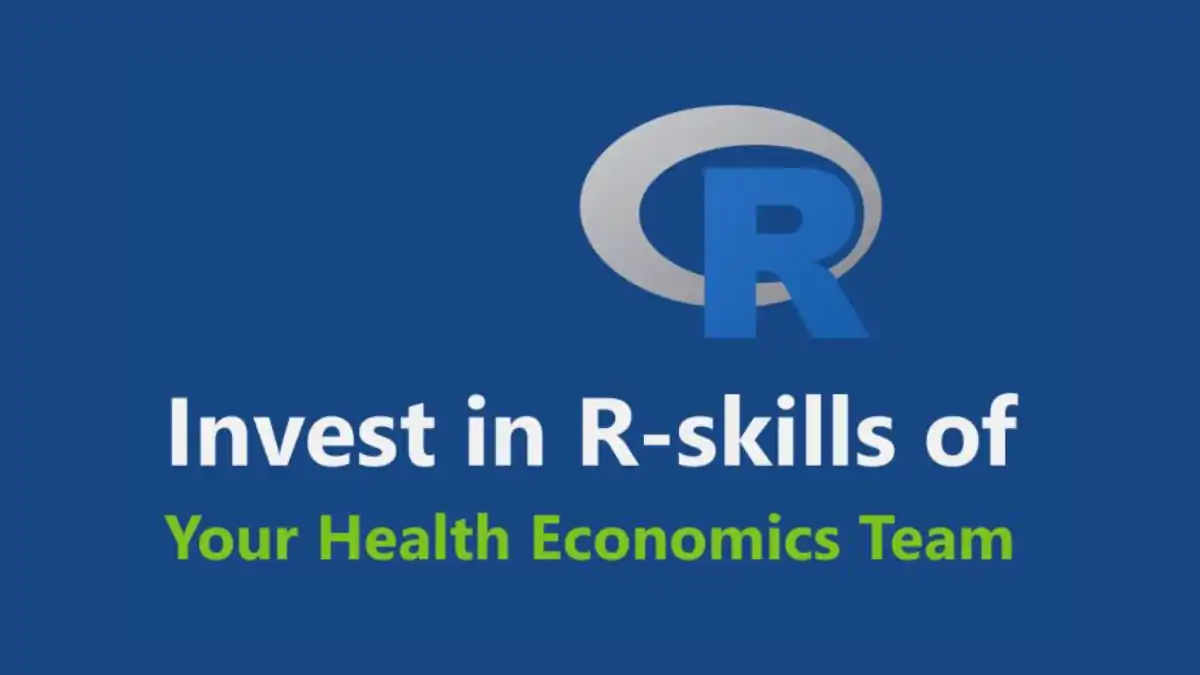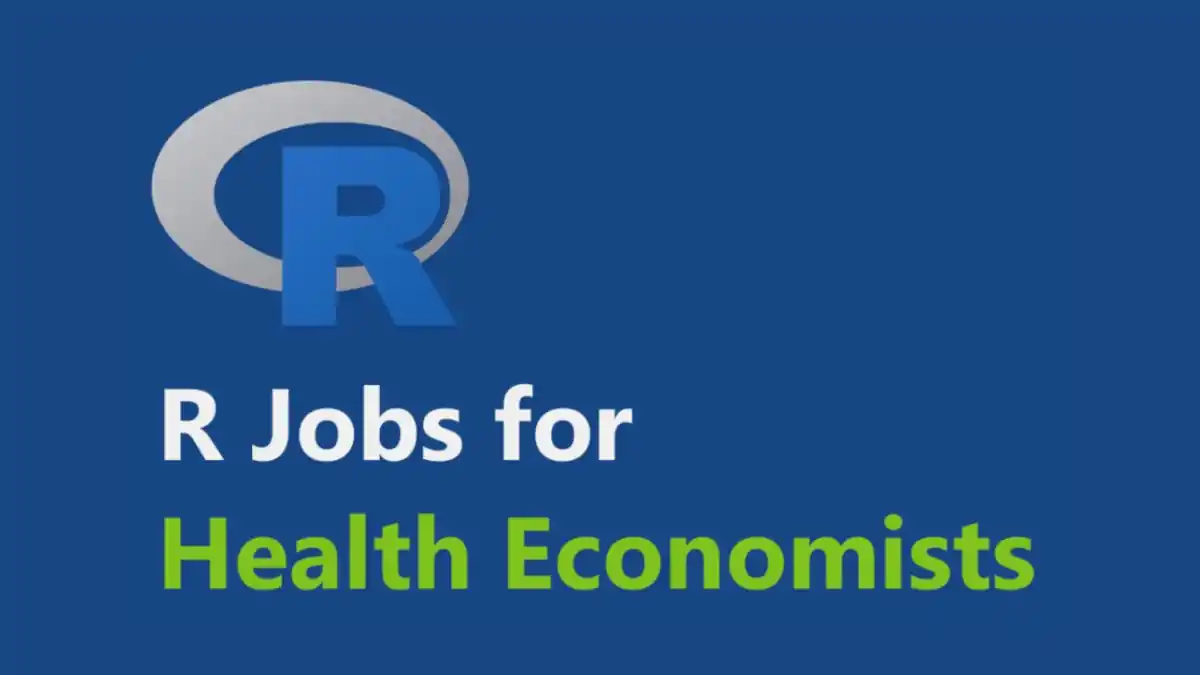Maximise Your Training Budget.
Do you or your team still have a training budget left? If so, consider investing it in skills development that benefits both your organisation and your team members. Upskilling in R, a powerful statistical programming language, is not only an excellent use of resources but also a forward-thinking strategy for staying competitive in the dynamic field of health economics.
The Growing Demand for R-Skills in Health Economics
The demand for R-skills among health economists is rising rapidly, and this trend is reflected in the job opportunities we feature on our platform. From entry-level roles to senior positions, organisations are increasingly seeking candidates who can leverage R to perform advanced data analysis and health economic modelling. Mastering R is no longer just a nice-to-have skill—it’s becoming essential for professionals in our field.
Stay Ahead with Tailored R-Training
By investing in R training, your team can stay ahead of the curve and be better equipped to tackle complex challenges in health economics. The availability of training programmes tailored specifically to health economists makes it easier than ever to upskill. Whether your team members are just starting their journey with R or looking to refine specialised skills, there’s a course for every need.
For beginners, courses such as Introduction to R for Health Economic Evaluation offer an excellent foundation. For those with prior experience, advanced training options include cost-effectiveness analysis, microsimulation modelling, and more. These courses are designed to address real-world applications in health economics, enabling professionals to directly apply their learning to their projects and analyses.
? Explore these excellent R-courses here.
Boost Careers and Build Organisational Capacity
Developing R-skills offers a dual advantage: it enhances individual career trajectories while simultaneously strengthening your organisation’s capacity for data-driven decision-making. With expertise in R, your team can undertake sophisticated modelling, process large datasets efficiently, and derive actionable insights that inform policy and practice in health economics. This can ultimately lead to more robust evaluations, better resource allocation, and improved healthcare outcomes.
Foster a Culture of Learning and Growth
Moreover, fostering a culture of learning and professional development within your team is a key driver of employee satisfaction and retention. It signals to your team that their growth is a priority, creating a win-win scenario where both individuals and the organisation benefit.
ENROL NOW
EuropeanHealthEconomics.com is a specialised job board for health economics – made by health economists.








